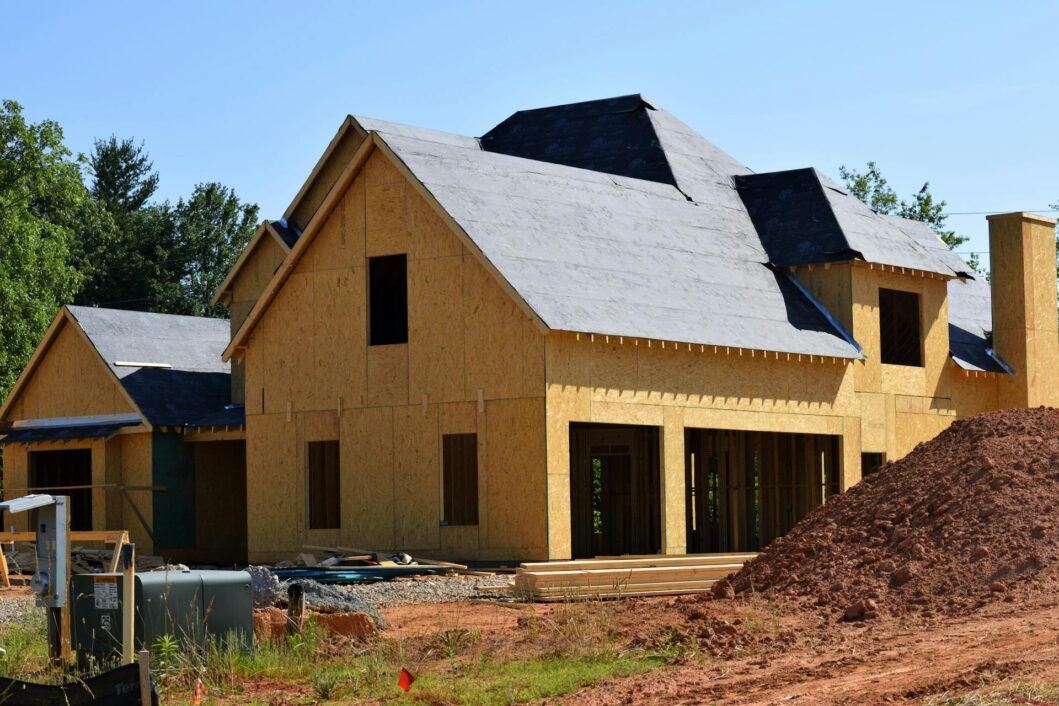A real estate developer is more than just an investor; they are visionaries who transform land or existing properties into valuable assets that meet community needs while generating profit. From identifying opportunities to navigating zoning laws and managing construction, real estate development requires a combination of creativity, risk management, and business acumen.

Gaining the Right Education and Experience
While there is no strict educational path, having a background in business, finance, construction management, or urban planning can provide a strong foundation. Many successful developers start by working in real estate sales, property management, or construction to gain firsthand industry experience before moving into development projects.
Consider attending workshops and networking within real estate associations to understand market trends, deal structures, and regulations that influence development projects.
Mastering Market Research
A key skill for any developer is the ability to analyze and understand market demand. Research potential locations, study demographic trends, and assess the economic climate to identify areas with growth potential. Evaluate the competition, understand what buyers or tenants need, and use this data to select the right type of development, whether it’s residential, commercial, or mixed-use.
Securing Financing and Managing Risks
Real estate development requires substantial capital, and understanding financing options is crucial. Build relationships with banks, private lenders, and potential investors, and be prepared with detailed project proposals showcasing the potential returns on investment.
Risk management is also essential, as development projects can face delays, market fluctuations, and unforeseen costs. Prepare for challenges by including contingency plans and realistic timelines in your project planning.
Building a Reliable Team
Successful real estate development is a collaborative effort. You will need to work with architects, contractors, legal advisors, engineers, and marketing professionals. Building a network of reliable and experienced professionals will ensure that your projects are completed on time, within budget, and to the required quality standards.
Delivering Value Through Quality
Focus on creating developments that add value to the community and exceed buyer or tenant expectations. Prioritize quality design, efficient layouts, and sustainable practices to increase the desirability and long-term value of your projects.
Conclusion
Becoming a successful real estate developer requires a blend of industry knowledge, market insight, strategic financial planning, and effective team management. By committing to continuous learning and delivering projects that align with market needs, you can build a rewarding career while positively shaping the communities you serve.

